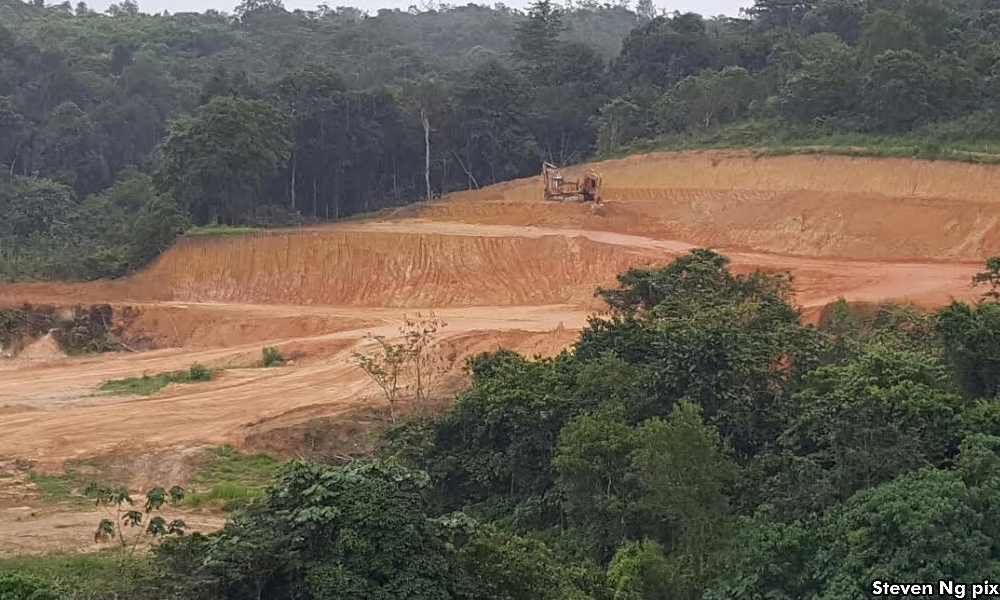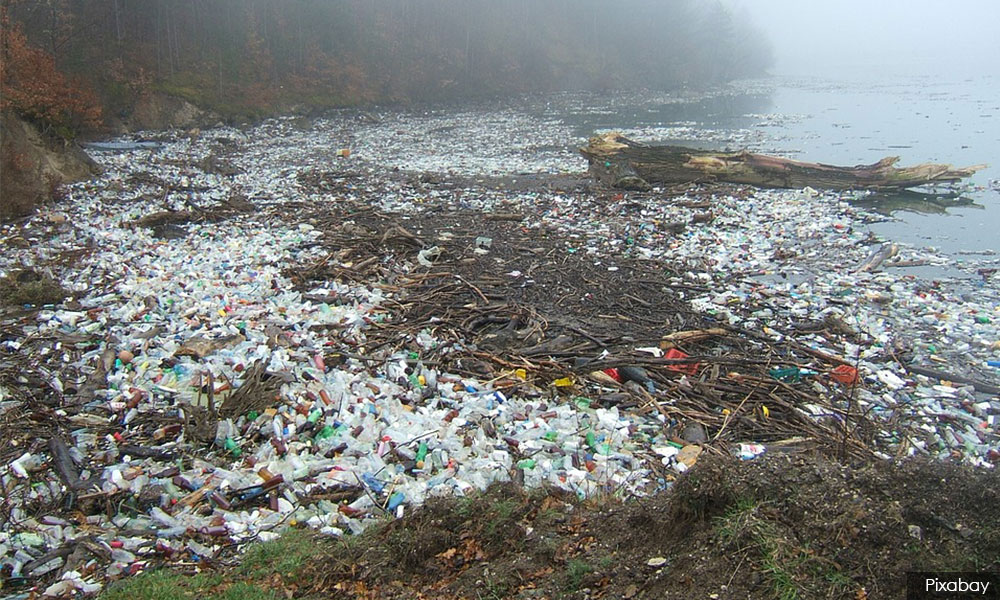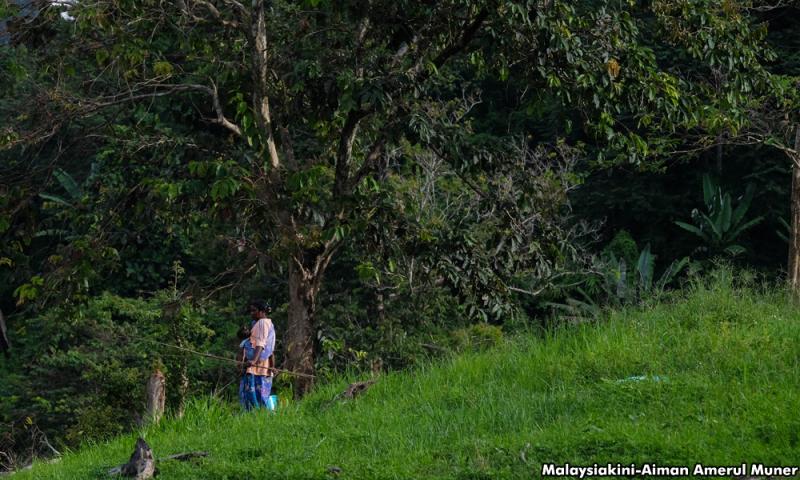COMMENT | It is heartening to know that 69 percent of Malaysian voters consider environmental protection to be one of the factors that will influence the way they will vote in the upcoming general election.
For far too long, sustainability and environmental conservation have been put on the backburner or seen as something ideal but inessential.
In recent years, the destruction and human suffering caused by the East Coast floods, the 2014 droughts which led to water-rationing in Selangor, the pollution of water sources in Cameron Highlands, reduced fish bycatch, the clearing of more land and forest for highway and infrastructure construction have all had an impact.
Add to this the recurring haze, wildlife deaths and the economic uncertainty arising from the European Parliament’s proposed ban on palm oil biodiesel from Malaysia for environmental reasons which have all played a role in raising public awareness on the interconnectedness of human and environmental well-being.
Having perused the election manifestos of both political coalitions, however, I am of the opinion that more specific, effective and convincing pledges need to be made. As we are all aware, the actions of legislators and governmental decision-makers are often inconsistent with their pledges. Some of these inconsistencies are pointed out below:
On climate mitigation
Both coalitions pledge to take action to reduce carbon emissions by way of measures such as cleaner diesel and petrol and increasing the development and use of renewable energy.
Yet at the same time BN’s pledges to accelerate the growth of the oil and gas industries, its Forest Economy Policy (which the focus is on income generation and not conservation) and its proposals to construct more roads and highways effectively efface any good that its plans to introduce electric buses, switch to LED lights and create urban parks and recreational areas could potentially create.
Pakatan Harapan has pledged to promote the development and use of green technology and renewable energy and halt BN’s plans to construct a nuclear power plant but at the same time Harapan plans to reintroduce petroleum subsidies and construct more roads and highways.

Both coalitions should instead focus on policies to reduce reliance on private vehicle ownership and driving by establishing reliable and affordable non-fossil fuel-powered public transport systems.
This creates incentives for telecommuting and upgrading existing road and rail infrastructure instead of opening up more land for highways and roads.
On deforestation
Both coalitions pledged to curtail illegal logging and manage forests and forest resources sustainably despite their existing history of doing the exact opposite.
BN has authorised logging and forest clearing in Ulu Muda, Merapoh and Terenggun, among others, despite knowing the importance of the ecosystem services provided by these forest reserves.
Similarly, Harapan in its previous election manifesto had pledged to gazette and conserve forests and halt illegal logging but went on to degazette parts of the Selangor State Park for the construction of the East Klang Valley Expressway (EKVE).
This action makes voters now wary about their lofty promises to halt deforestation.
Both coalitions pledged to preserve biodiversity and wildlife populations, yet under their watch, the construction of yet more highways and roads has opened up access to wildlife for poachers and wildlife traffickers, and caused an alarming increase in wildlife roadkill.
The rakyat needs to witness sincerity on the part of the political leaders in protecting forests, water catchment areas and environmentally sensitive areas.
No amount of public relations exercises comprising the planting of trees in urban parks is able to reverse the adverse impact of rampant deforestation, fragmentation of wildlife habitats and the opening up of more land for infrastructure projects.
On waste management, plastics
Both coalitions promised to improve solid waste collection services and ease of recycling. Yet BN proposed to reverse the ban on free plastic bags in Harapan states and has allowed the plastics manufacturing industry to be a powerful lobby.

In Harapan states, the ban on free plastic bags has normalised waste reduction practices and encouraged consumer environmental responsibility but the replacement of styrofoam food packaging with other forms of plastic packaging that are neither biodegradable nor collected and recovered for recycling has cancelled some of the benefits of the plastic bag and the styrofoam ban.
According to a 2015 study published in Science journal, Malaysia is among the top eight highest-offending ocean plastic polluters in the world.
Malaysia is one of the 200 countries which signed the December 2017 UN resolution on microplastics and marine litter but has to date not been seen to do anything constructive to reduce plastics production, consumption and disposal.
The Selangor state government though has been regularly cleaning up its beaches, which, while commendable, constitutes a treatment of the symptoms and not the cause.
Both coalitions need to create incentives for waste reduction and alternatives to plastics and other harmful and wasteful materials and industries.
The environment cannot wait. Already human and animal health and food security have been adversely affected by plastics pollution and poor waste management practices.
Voters are becoming better informed, and will not stand for environmental tokenism by either political coalition. It cannot be the job of concerned citizens, non-governmental organisations and volunteers alone to protect and speak up for Malaysia’s natural environment and resources.
Malaysia stands to gain more economic benefits and ecosystem services from keeping its forests, mangroves and other environmentally-sensitive areas intact and biologically diverse, than from issuing permits for logging, mining and road construction.
The time to act for the environment is now. Environmental conservation should be each political coalition’s main consideration in all its policies and decisions and not an afterthought.
WONG EE LYNN is coordinator, Green Living Special Interest Group, Malaysian Nature Society.
The views expressed here are those of the author/contributor and do not necessarily represent the views of Malaysiakini.





